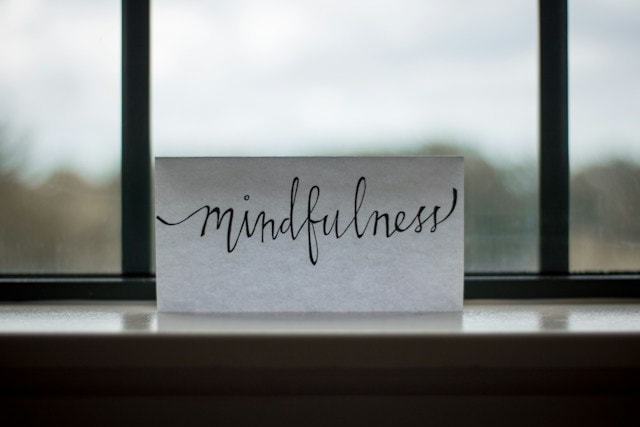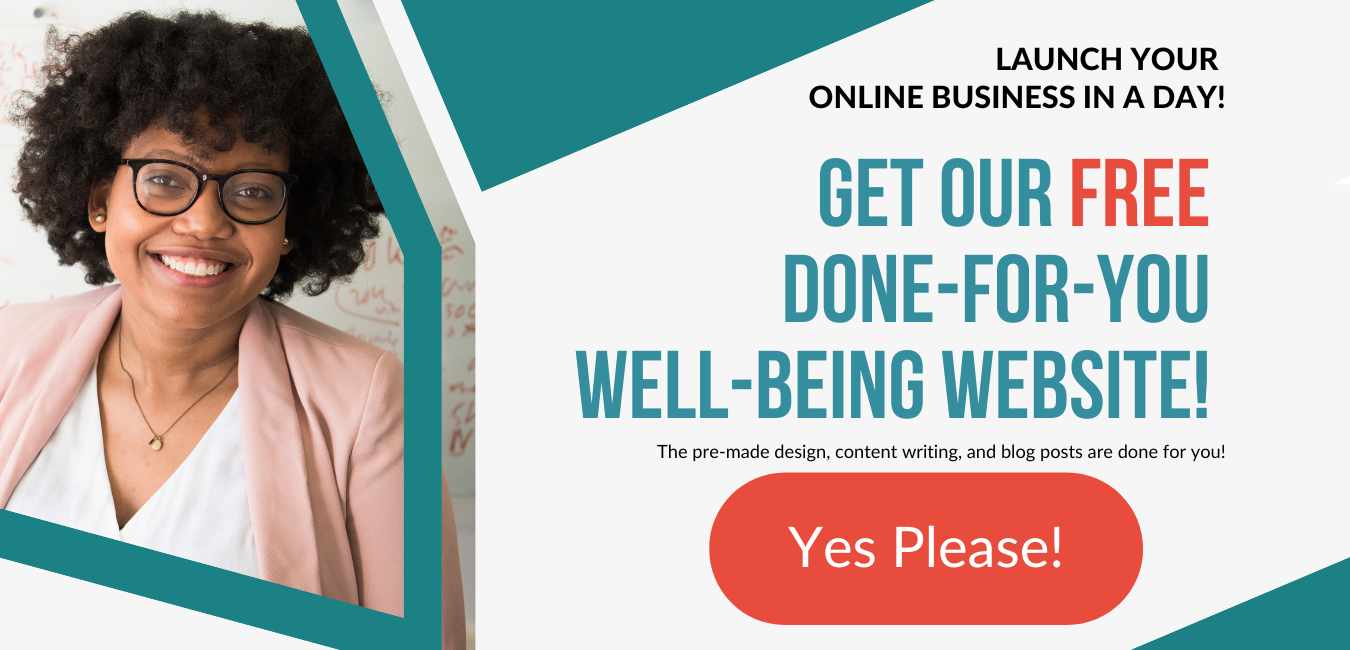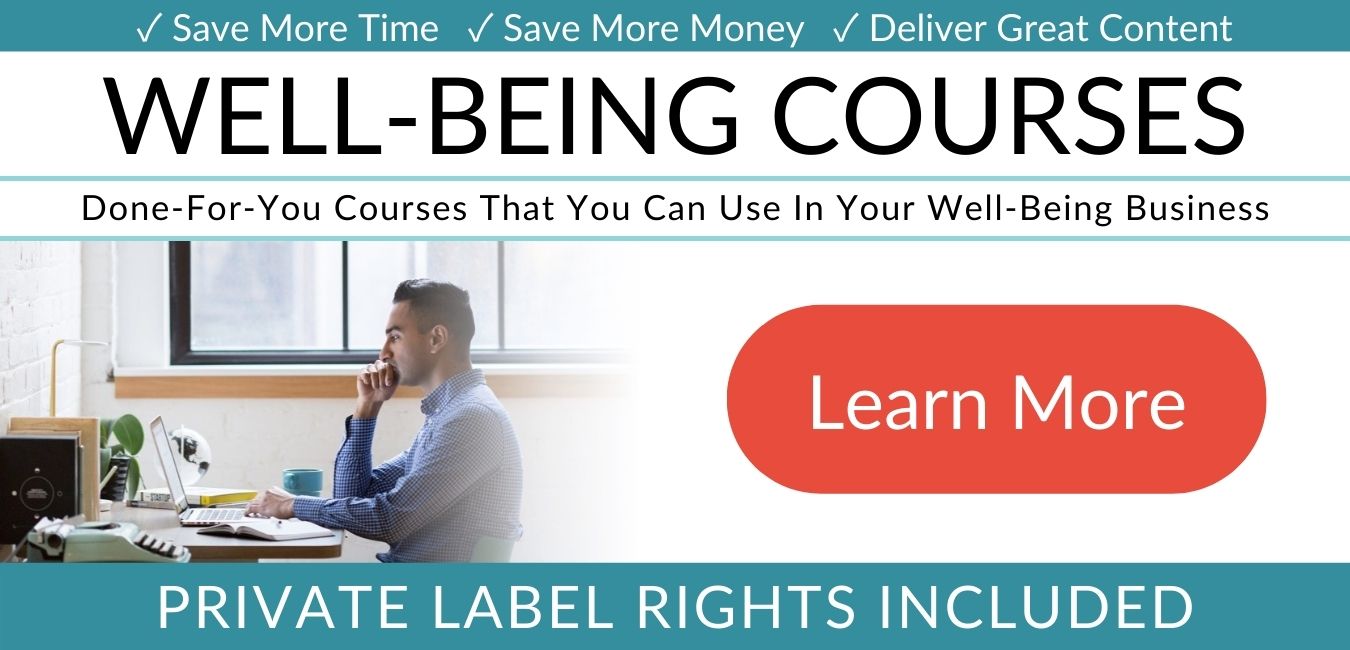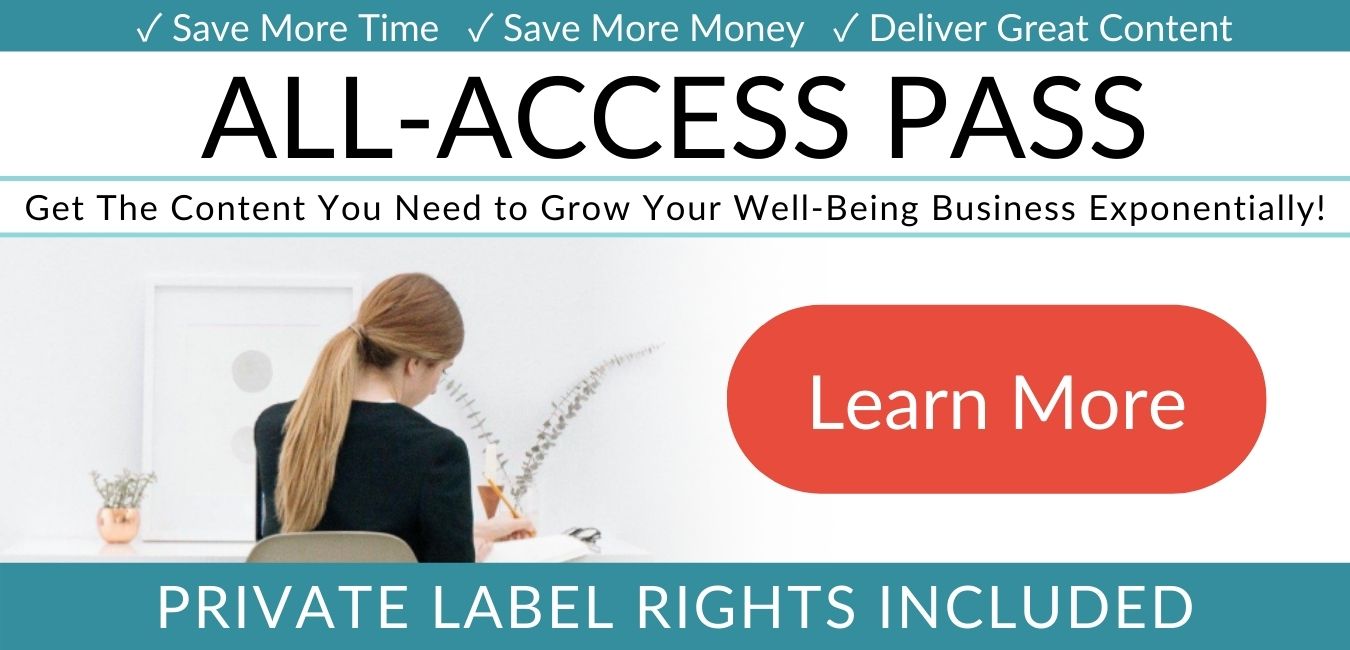Mindfulness: Definition, Benefits, & PracticesBy Beth Birenbaum, MPH
Let’s explore how mindfulness can improve our health, well-being, and overall quality of life.
In our fast-paced world, it's easy to feel overwhelmed and stressed. We're constantly bombarded with information, demands, and distractions, and it can be difficult to find a moment of peace. Mindfulness offers a way to reconnect with ourselves and the present moment, reducing stress and improving our overall well-being. And this isn’t just a trend—there’s plenty of science to back this up.
In this article, we’ll explore the many benefits of mindfulness and offer some practical tools to get you started with this practice as well as ways to incorporate it into your everyday life. Before reading on, if you're a therapist, coach, or wellness entrepreneur, be sure to grab our free Wellness Business Growth eBook to get expert tips and free resources that will help you grow your business exponentially.
Are You a Therapist, Coach, or Wellness Entrepreneur?
Grab Our Free eBook to Learn How to
|
Are You a Therapist, Coach, or Wellness Entrepreneur?
Grab Our Free eBook to Learn How to Grow Your Wellness Business Fast!
|
Terms, Privacy & Affiliate Disclosure | Contact | FAQs
* The Berkeley Well-Being Institute. LLC is not affiliated with UC Berkeley.
Copyright © 2024, The Berkeley Well-Being Institute, LLC
* The Berkeley Well-Being Institute. LLC is not affiliated with UC Berkeley.
Copyright © 2024, The Berkeley Well-Being Institute, LLC





